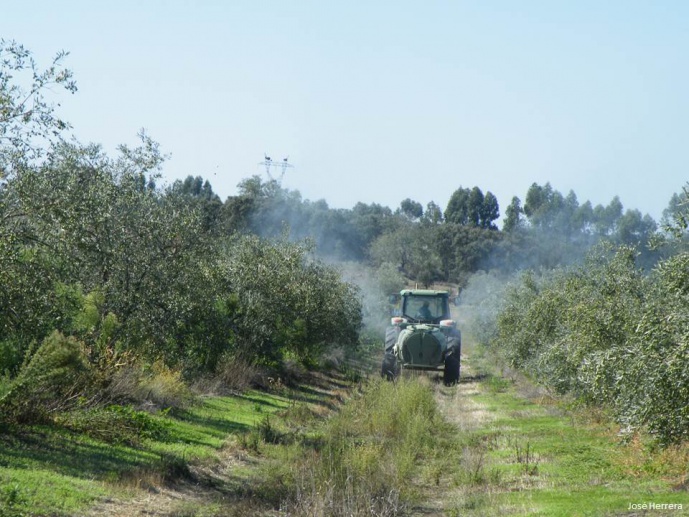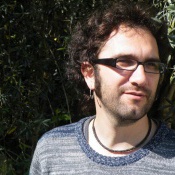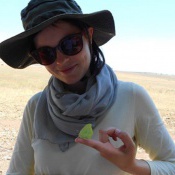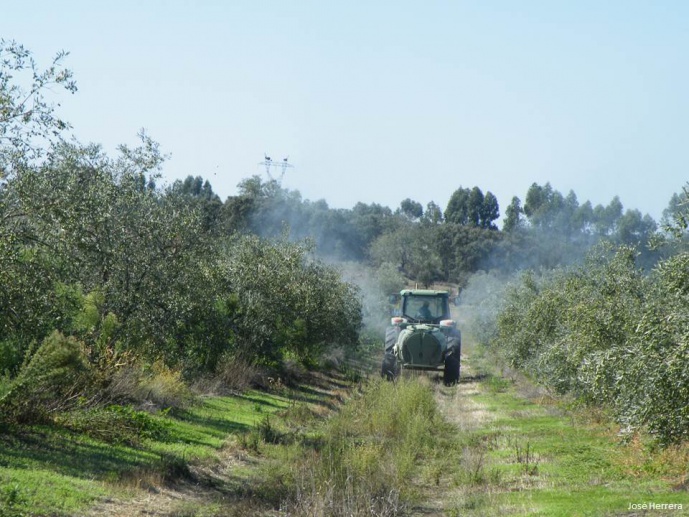ECOLIVES - Fostering sustainable management in Mediterranean olive farms: pest control services provided by wild species as incentives for biodiversity conservation
Efficient pest management is recognized as a major challenge for fostering economically profitable agroecosystems worldwide. Biocontrol services provide clear incentives for biodiversity conservation in agroecosystem as naturally occurring species can efficiently reduce populations of pests, thus reducing both crop losses to pests and the need for agrochemicals. Yet, the ecology of biocontrol services is poorly known, thus limiting our ability to understand its value and to plan their conservation and management. Using Mediterranean olive farms as case study, the overarching research goal of this project is to estimate the value of natural biological control of the Olive fruit fly (Bactrocera oleae) and the Olive fruit moth (Prays oleae) ‒the two major pests in olive farms worldwide‒, in farms following distinct pest management strategies. The project will particularly focus on the role of flying vertebrates (including both bats and insectivorous birds) biocontrol agents and will be carried out throughout the region of Alentejo, one of the main olive production region in Europe.

Pedro Beja
Francisco Moreira, João Marques, José Lima Santos, Rui Morgado




